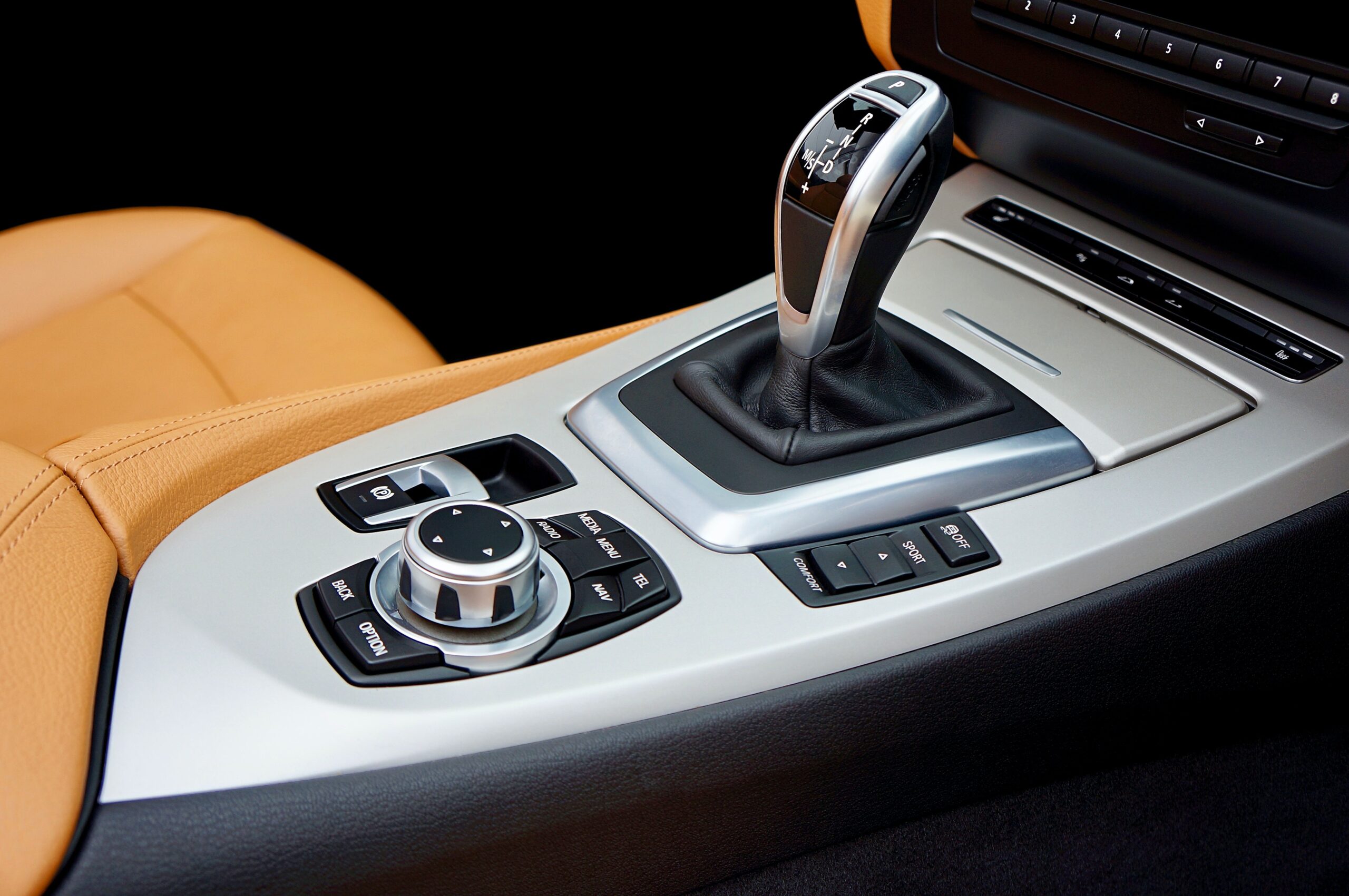
The Importance of Black Box Data in Truck and Car Accident Investigations
In the aftermath of a car or truck accident, determining the sequence of events leading to the collision is crucial for establishing liability and ensuring justice. Black box data, also known as event data recorder (EDR) data, has become an invaluable tool in accident investigations. Similar to the black boxes used in aviation, these devices capture essential information about a vehicle’s behavior and performance before, during, and after a crash. In this blog post, we will explore the significance of black box data in accident investigations and its role in uncovering the truth behind accidents.
What is Black Box Data?
The term “black box” refers to an electronic data recorder installed in modern vehicles, including cars and trucks. These devices continuously gather data about various aspects of the vehicle’s operation and condition. In the event of a collision, the data recorded in the seconds leading up to and during the crash is preserved and can provide critical insights into the circumstances of the accident.
Key Data Captured by Black Box:
- Vehicle Speed: Black boxes record the vehicle’s speed at the time of impact and leading up to the collision.
- Brake Usage: Information about whether and when the brakes were applied can reveal whether the driver attempted to stop before the collision.
- Acceleration: Data on throttle input and acceleration can shed light on whether the driver was accelerating, decelerating, or maintaining a steady speed.
- Steering Input: The black box can capture steering wheel movements, indicating the driver’s attempts to avoid the collision.
- Airbag Deployment: Black boxes can detect airbag deployment and the force of impact, providing insights into the severity of the crash.
- Seatbelt Usage: Some black boxes record whether occupants were wearing seatbelts at the time of the accident.
- Vehicle Systems: Information about the status of vehicle systems, such as engine RPM, ignition status, and stability control, can be crucial for understanding the vehicle’s behavior leading up to the crash.
The Role of Black Box Data in Accident Investigations
- Establishing Liability: Black box data can help investigators reconstruct the events leading to an accident, assisting in determining which party was at fault.
- Verifying Eyewitness Accounts: Eyewitnesses may have varying perspectives on an accident. Black box data provides objective information that can corroborate or challenge eyewitness accounts.
- Analyzing Driver Behavior: Data on speed, braking, and acceleration can reveal whether a driver was acting recklessly or following traffic rules.
- Preventing Fraud: In cases where one party is attempting insurance fraud or falsely claiming injuries, black box data can expose inconsistencies.
- Design and Safety Improvements: Black box data can aid manufacturers in understanding how their vehicles respond in accidents, leading to improvements in safety systems and vehicle design.
- Resolving Disputes: Black box data can serve as unbiased evidence in legal disputes, preventing prolonged legal battles.
Privacy Concerns and Data Ownership
It’s important to note that black box data collection raises privacy concerns. While the data is often used for accident investigations, there are questions about who owns the data and how it should be accessed. Laws and regulations vary by jurisdiction, and drivers should be aware of their rights and the policies of their vehicle manufacturers.
Black box data has revolutionized accident investigations by providing accurate, objective information about vehicle behavior leading up to a collision. This data plays a crucial role in determining liability, preventing fraud, and improving vehicle safety. If you’re involved in an accident, the black box data from your vehicle could be a vital tool in understanding the sequence of events and ensuring that justice is served. While the technology provides invaluable insights, it also raises questions about privacy and data ownership, highlighting the need for ongoing discussions and regulations to balance safety with individual rights.
A personal injury lawyer can help you understand your legal options and negotiate a fair settlement on your behalf. Click here to schedule a free consultation with one of our skilled California lawyers to learn more about your options. Or call our offices at 707 549 8166.

